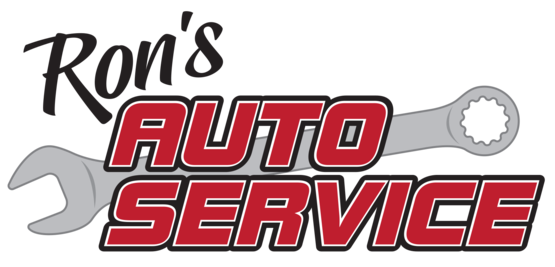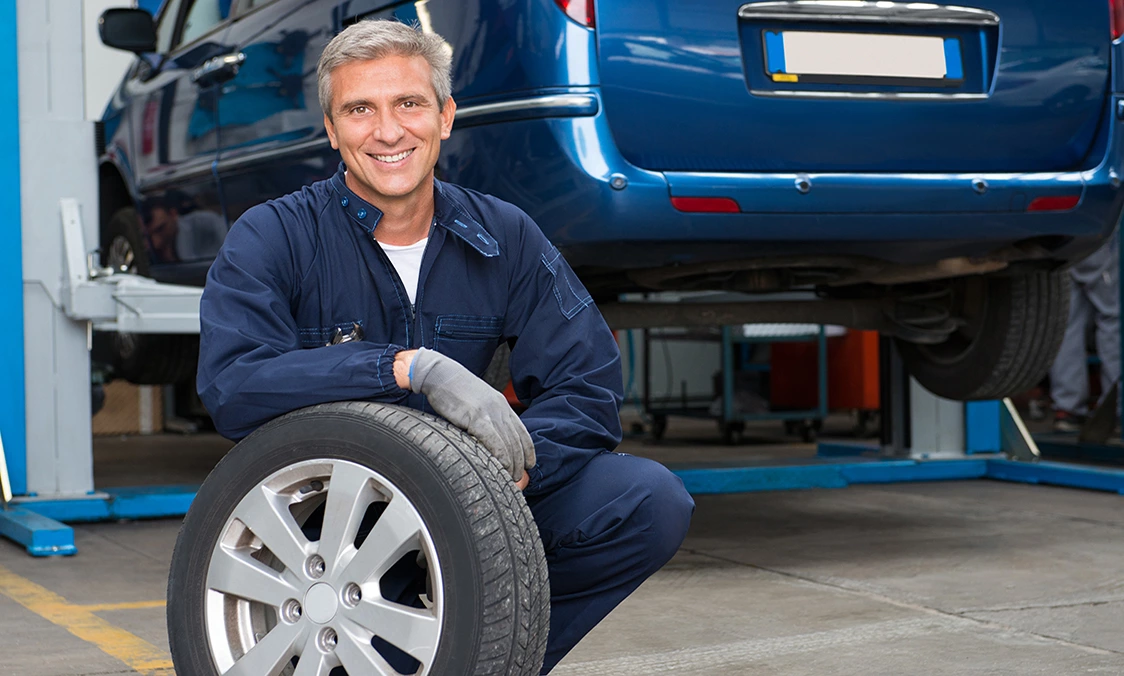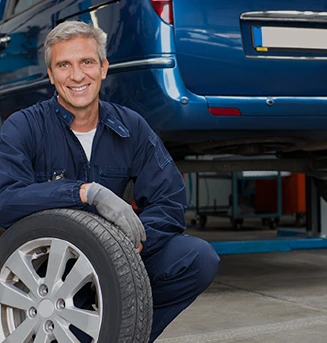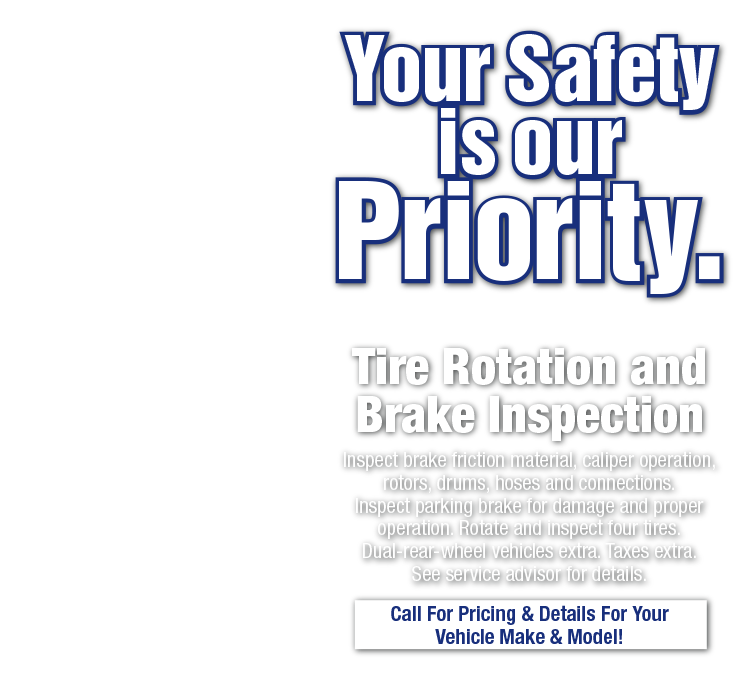'Tis the Season (Tires)
July 24, 2024
We all know about winter tires. But did you know there is such a thing as summer tires?
Most people have all-season tires on their vehicles. They work pretty well in a variety of weather conditions. But if you want better handling and performance, you might consider switching to summer tires. Here are a few things you should know about them.
Summer tires are good for high-performance vehicles like sports cars and luxury SUVs, but they don't have to be limited to those. They have a different tread pattern than all-season tires, with generally shallower grooves and more rubber that contacts the road. The rubber is made of a stickier compound good for taking corners at higher speeds. Plus it is engineered so it stays firmer the hotter the temperature gets.
Here's a bonus. That design also works well in warm, wet weather. It makes sense, since more the more rubber that's touching the concrete or asphalt when it's slippery out, the better the traction.
There are some things to be aware of with summer tires. They often have asymmetrical or unidirectional tread patterns. That sometimes limits the way these tires can be rotated on a vehicle. Another thing to remember is it is NOT a good idea to use summer tires in any wintery conditions. They lose traction as the temperature heads toward the freezing range and below since that rubber that's designed to stay firm at warm temperatures gets hard as a rock when they freeze.
But in warmer weather, summer tires can increase your braking and cornering capabilities. Plus you'll notice more grip at faster speeds and higher temperatures than all-season tires. So think about discussing summer tires with your service advisor to see if they'd be a good fit for the type of driving you do. He or she will offer you some choices that are designed to meet your vehicle's specs.
Ron's Auto Service
1517 SE 25th Ln
Cape Coral, FL 33904
2398290873
Need Service?
More articles from Ron's Auto Service

It Pays to Take Care of Your Transmission at Ron's Auto Service
February 8, 2026
If you've been paying attention, you've noticed that vehicle engines are getting more and more powerful in Cape Coral. At the same time, they are getting better and better fuel economy. I've gotta tell 'ya, most of that's because of technological advances in transmissions. To get a better unders... More

Power Steering Pump Replacement
February 1, 2026
When youre driving and you hear a squeal or groan when you turn, it may be a sign your power steering pump is on its last legs. The same is true if you feel your steering is slipping or doesnt respond to your hands like it used to. Precise, responsive steering is, of course, important when it ... More

The Truth about Tire Pressure (Tire Inflation)
January 25, 2026
Most light vehicles (under 10,000 pounds/4,500 kg) in North America sold from 2008 model year on have a feature that many people are confused about. It's the tire pressure monitoring system (TPMS). You may have some experience with it yourself if you own a newer vehicle. Vehicles with TPMS hav... More








